No products in the cart.
Return To ShopCodes of Misconduct: Regulating Prostitution in Late Colonial Bombay
₹ 395
In stock
This remarkable study focuses on the relationship between forms of prostitution, discourses on law making, and law enforcement practices.
Across the 19th and early 20th centuries, the colonial government in Bombay city formulated laws on prostitution that were enormously repetitive. Activities such as soliciting men, pimping and procuring women and girls for prostitution were banned in identical ways in multiple eras. Across the same hundred years, commercial sex grew vast in scale, and Bombay became a node in a transnational sex trade circuit.
This book argues that while the expansion of Bombay’s sex trade over the past century might suggest that laws were simply ineffectual, law making was instead a productive process that sustained particular forms of prostitution. In examining this dimension of colonial governance, Tambe evaluates the uses and limits of Foucault’s approach to law and sexuality.
| Author | |
|---|---|
| Page Count | |
| Binding | |
| Year of Publication |
Be the first to review “Codes of Misconduct: Regulating Prostitution in Late Colonial Bombay” Cancel reply
You must be logged in to post a review.
Related products
Gender Regimes and the Politics of Privacy: A Feminist Re-Reading of Puttaswamy vs. Union of India
Select format This product has multiple variants. The options may be chosen on the product pageWe Also Made History: Women in the Ambedkarite Movement
Rated 5.00 out of 5
Select format
This product has multiple variants. The options may be chosen on the product page Organizing Empire: Individualism, Collective Agency, and India
Select format This product has multiple variants. The options may be chosen on the product pageWaves in the Hinterland: The Journey of a Newspaper
Select format This product has multiple variants. The options may be chosen on the product pageFeminist Research Methodology: Making Meanings of Meaning-Making
Select format This product has multiple variants. The options may be chosen on the product pageThe Peripheral Centre: Voices from India’s Northeast (Zubaan Classics)
Select format This product has multiple variants. The options may be chosen on the product pageIn My Mother’s House: Civil War in Sri Lanka
Select format This product has multiple variants. The options may be chosen on the product pageThe Search for Justice: The Sri Lanka Papers
Select format This product has multiple variants. The options may be chosen on the product pageWoman’s Eye, Woman’s Hand: Making Art and Architecture in Modern India
Select format This product has multiple variants. The options may be chosen on the product pageContact Us
© Zubaan 2019. Site Design by Avinash Kuduvalli.
Payments on this site are handled by CCAvenue.


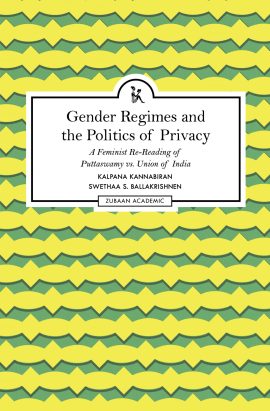
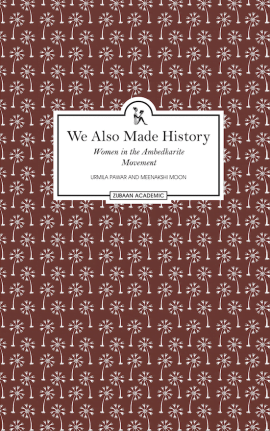
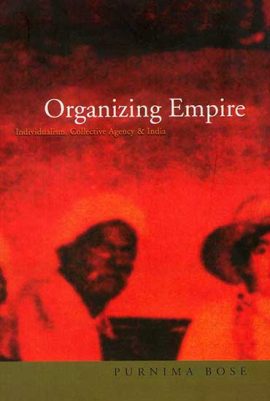
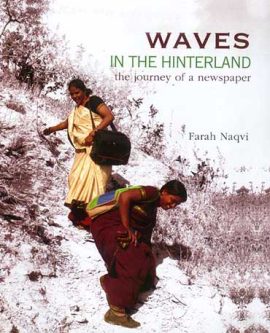
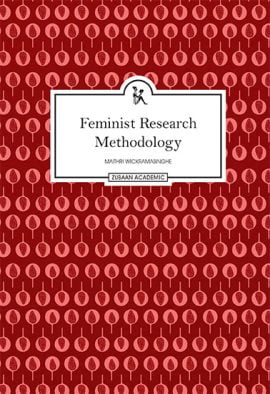
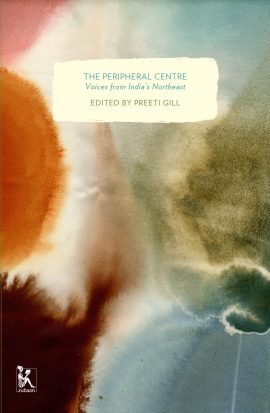
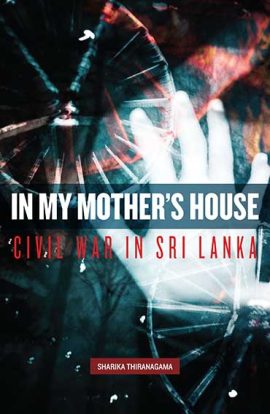
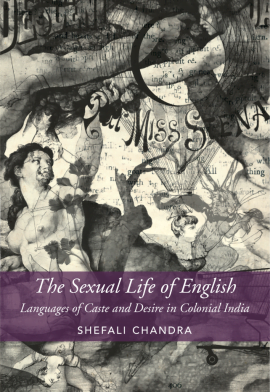
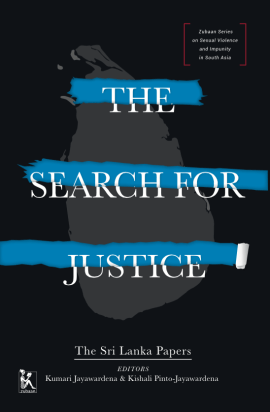
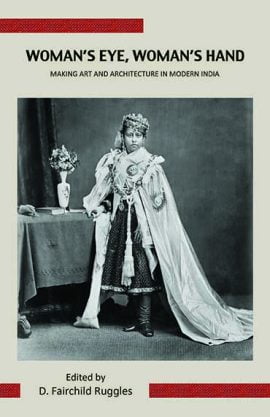
Reviews
There are no reviews yet.